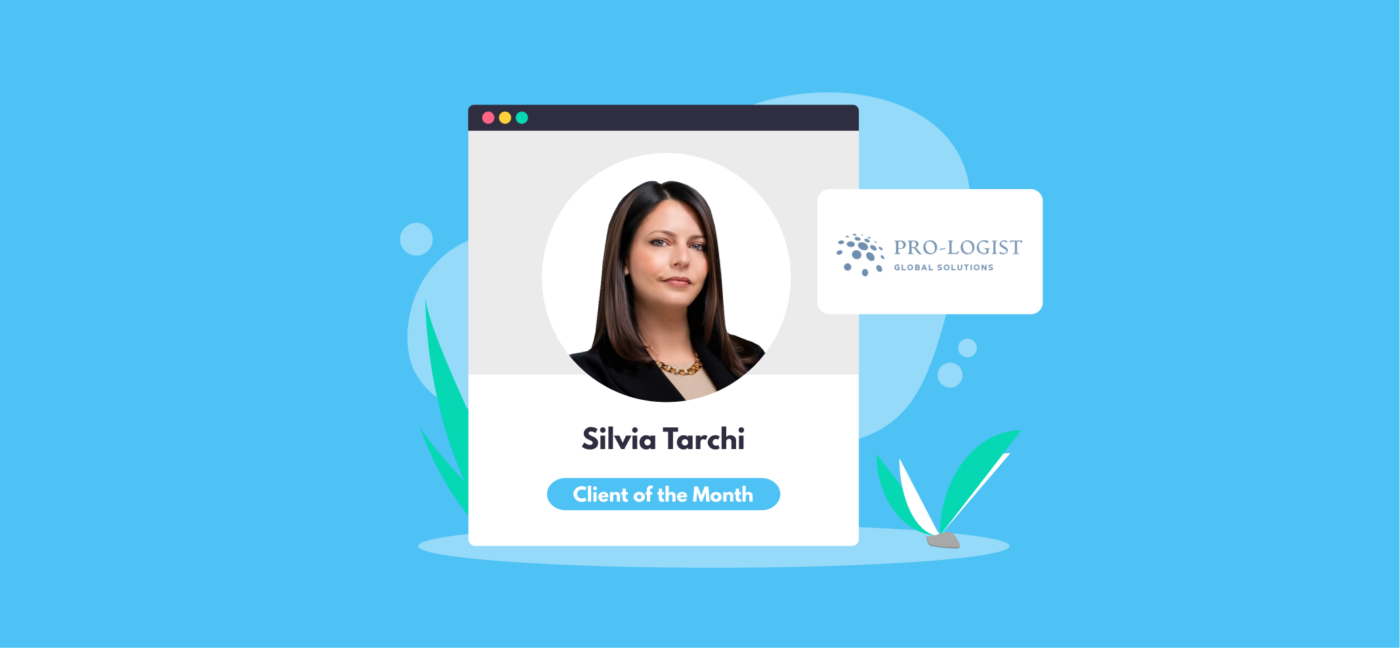

What Are Dividends?
Dividends are a type of payment that limited companies can make to shareholders from their profits. They can be a useful way to reward investment or performance, but the tax rules for dividends are different to other types of income.
Can any business pay dividends?
Most business owners pay themselves from the profits that they make, but because limited companies are a separate legal entity to the people that own them they must use the more formal process of declaring dividends.
Although there are pros and cons to every business structure depending on your circumstances, some people find operating as a limited company is more appealing because this allows them to take part of their income as dividends, which can sometimes be more tax efficient.
How are dividends worked out?
Companies make dividend payments to their registered shareholders according to the proportion and type of shares they hold. In some businesses the shareholders are also directors in the company, but not always.
This means some companies create different types of shares so they can be more flexible with what shareholders are entitled to, based on their role in the business.
What is the difference between shareholders and directors?
Shareholders own the company by having shares in it. They are often known as ‘members’. Directors manage the business and the way it operates, and tend to be much more hands-on. In some smaller businesses there might be just one person who is both the only shareholder and sole director.
How much can a company pay in dividends?
In theory there aren’t any limits on declaring dividends if the company has profits available to pay them after paying its tax bill and any other liabilities. In practice, it’s normally a very good idea to leave something in the business to fund future growth and help manage cash flow!
Because profits can fluctuate depending on what sort of year the business has had, the amount available for dividends can also vary. The amount that a shareholder receives as a dividend also depends on how many shares they own, and what sort of shares they are.
Can directors still take a salary if they receive dividends?
Yes absolutely! Lots of company directors who are also shareholders take both a salary and dividends because it can be a more tax efficient way to pay themselves from the business. It can be a bit complicated, so we have a separate article which explains director’s salaries in more detail.
What are the tax implications of taking a dividend?
Any dividends you receive aren’t taxed at source in the same way that salaries are, so you’ll need to submit a Self Assessment tax return to make sure you pay the right amount of tax on any dividends you receive.
Dividends are taxed at a different rate to other types of income, although the rate you’ll be charged is based on the total amount of income you receive in a year. Use our online dividend tax calculator to see how much you can expect to pay in tax on this type of income.
You’ll also be entitled to a tax-free dividend allowance on top of the annual Personal Allowance:
- 2023/24 (6th April 2023 – 5th April 2024): The Dividend Allowance is £1,000, so you won’t pay dividend tax on the first £1,000 of dividends that you receive in 2023/24
- 2024/25 (6th April 2024 – 5th April 2025): The allowance reduces to £500 for the 2024/25 tax year
Learn more about our online accounting services for businesses. Call 020 3355 4047 to chat to the team, and get an instant online quote.
Want to learn more?
Subscribe to our newsletter to get accounting tips like this right to your inbox

Read more posts...

April 2024 Client of the Month: Pro-Logist ltd
23rd April 2024This month we spoke to Silvia, Managing Director of Pro-Logist ltd! Pro-Logist ltd | LinkedIn Hey Silvia! Tell us about your business Pro-Logist,…
Read More
The Self-Employed Guide to Retirement Planning
19th April 2024Pension planning is often something we forget about until later in life, but the earlier you think about it, the better. Everyone…
Read More
14 Accountancy Terms Explained for Startups
17th April 2024Starting a business can be complicated enough, especially with all the new lingo that crops up along the way. In this article…
Read MoreConfirm Transactions
The number of monthly transactions you have entered based on your turnover seem high. A transaction is one bookkeeping entry such as a sale, purchase, payment or receipt. Are you sure this is correct?
Please contact our sales team if you’re unsure
VAT Returns
It is unlikely you will need this service, unless you are voluntarily registered for VAT.
Are you sure this is correct?
Call us on 020 3355 4047 if you’re not sure.
Bookkeeping
You will receive our bookkeeping software Pandle for free, as part of your package.
You can use this to complete your own bookkeeping, or we can provide a quote to complete your bookkeeping for you.
Please select and option below:
Call us on 020 3355 4047 if you’re not sure.

